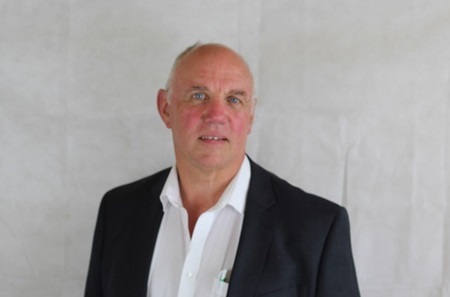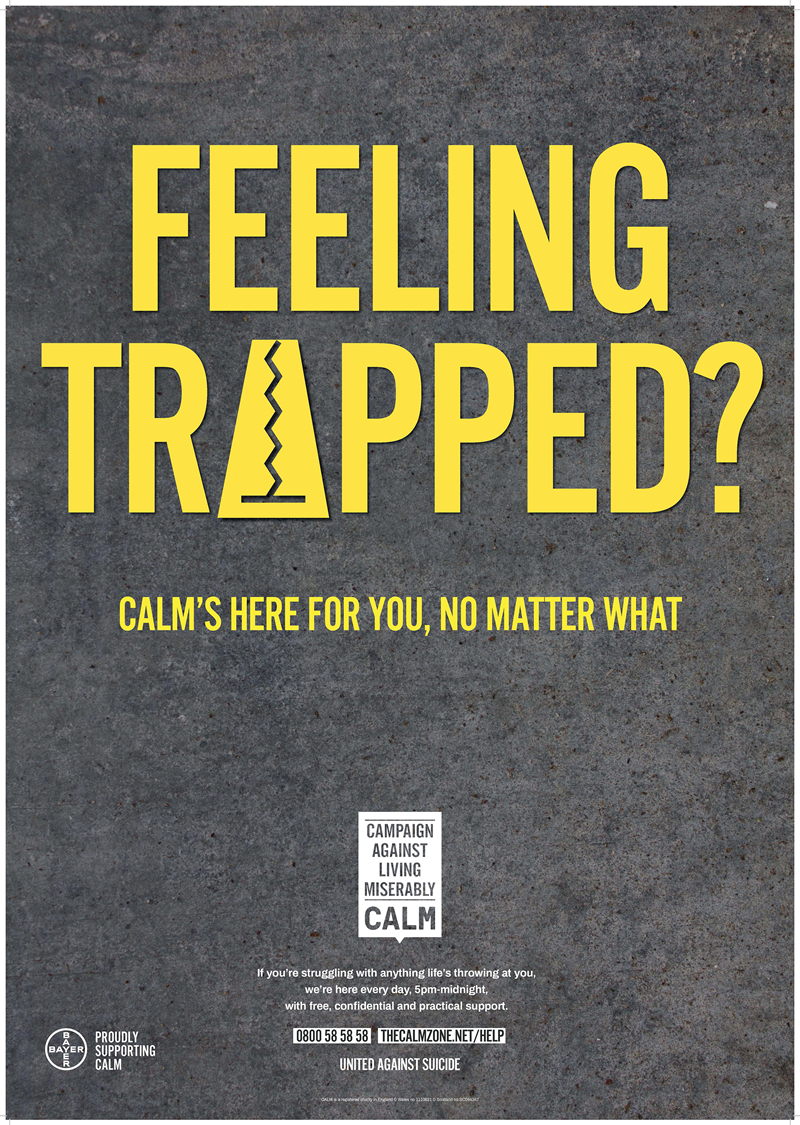Mental Health Support in the Pest Sector
The nature of the pest industry means many pest controllers face mental health challenges, but there is support out there. Here one pest controller tells his story.
The BPCA has reported that a staggering 44% of pest controllers have felt that Covid-19 has affected their mental health during the past year.
To put it into perspective that’s more than one in every three pest controllers.
This is an industry that’s dominated by males aged under 45 who are often working alone, and as a result they can feel lonely and isolated.
This is why Envu has collaborated with suicide prevention charity CALM (Campaign Against Living Miserably). We want everyone in the industry to know that it’s okay to voice their feelings and this service provides a confidential support line.
How One Pest Controller Tackled His Mental Health
Over 14 years ago, pest controller Chris Corbett experienced a break down that caused him to take 12 weeks off work.
Here he talks about his experience and says, ‘If I can help one person from telling my story, then that’s a real bonus’.
“It all started back in 2000,” says Chris. “I was working in a full-time sales role for a national company and also caring for my youngest son who has severe learning difficulties, meaning he requires 24/7 care.
“I was putting in a 12 to 14 hour shift at work and then looking after him at night, and this went on for a number of years,” explains Chris.
He says it all came to a head when they could no longer look after their son at home, which meant he had to go into care.
“It was about a month after he went into care that I got to the point where I just didn’t want to work anymore. I didn’t know why I was feeling this way and I didn’t understand why things were getting on top of me.”
This is when Chris realised he needed to get some help, so he went to see his local GP who signed him off work for three weeks.
“I was signed off work, but this didn’t really help me as it didn’t address the root of the problem. I was then given the option of taking up counselling.
“Although the counselling was very intermittent at the start, it really did help to talk to someone, and I was also able to identify the cause of the problem.
“It became apparent that this was my reaction to my son going into full time care and the release of that pressure. My body shut down and I don’t remember anything from the whole of February that year.”
Chris attributes his recovery to the counselling he received once a week through his local GP.
“It really helped me to focus my mind on why I was feeling the way I was and also helped me to deal with these feelings. Because of this I gradually got better.
“In all I had 12 weeks off work and after the counselling I was able to return to my job. I was able to recognise the signs of stress early and do something about it before it got too late.”
The best part of the counselling, Chris adds, was talking to someone outside the situation who could listen and understand what was going on, helping me to wade through it.
“My advice to anyone who’s feeling this way, is to talk to someone. Just voice your concerns, explain what you’re feeling and get help. There are so many organisations out there like CALM which are only a phone call away.
“Ultimately I left it to the last minute and wish I’d done something sooner. When I look back there were indicators for maybe a year before that I was blind to. Mood swings, lethargy, and a lack of patience. Had I known this it might not have got to the point it did.
“There are lots of people out there with a similar story and some of these will battle through it on their own and others need help. Although everyone has different indicators, you know yourself and if something isn’t right, it’s ok to talk to someone about it.”
Talk To CALM If You Are Struggling
“There are so many things that can lead someone to struggle, and the last year has been a real challenge,” says Maria.
“Many of us have experienced struggles with our mental health for the first time, while those with existing mental health conditions continue to suffer as their support services are stripped back.
“With a roadmap out of lockdown and vaccines rolling out across the UK, it feels like there’s a light at the end of the tunnel,” she says.
Maria explains if you feel like you need support, or know someone else who might, there are some small practical things you can do today, tomorrow or two weeks on Thursday to help get through it.
- LOOK OUT for yourself and others. Make mental health an everyday conversation and normalise saying you’re feeling crap or having a really tough day/week/2021. Check in on the people around you. Listen to what they’re saying, let them know you’re there for them, be available and trust your instincts.
- STEP IN and start the conversation (we know it’s scary). If you need support or think someone is going through a tough time, don’t stand back. Don’t accept ‘I’m fine’ if you know they’re not.
- STAND UP if someone isn’t getting the importance of mental health or worse, deliberately blocking the conversation. Tell them it isn’t OK.
- CONTACT CALM. We’re here for you, no matter what. If you’re struggling, don’t face it alone.
CALM’s helpline and webchat is open 5pm to midnight 365 days a year and can help with all of life’s problems.
Helpline 0800 58 58 58
Webchat https://www.thecalmzone.net/


